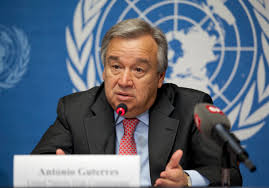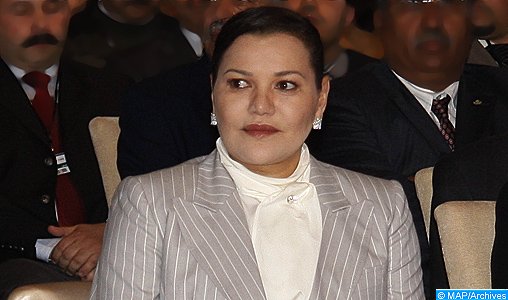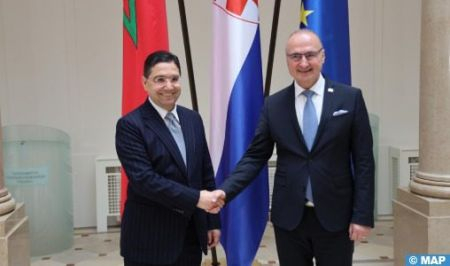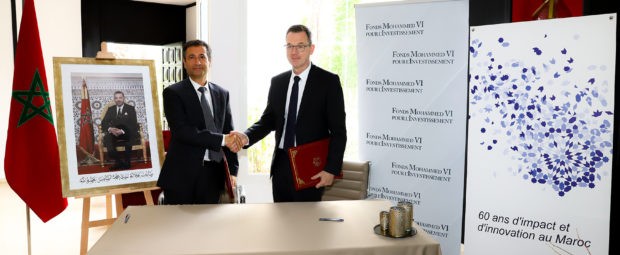 Moroccan authorities have welcomed the appointment of Portugal’s Antonio Guterres as the new UN Secretary General, as they pin high hopes to see his term usher a new era of trust and cooperation on the Sahara issue following the turbulences between Morocco and the UN during Ban Ki-moon’s terms which was marred by verbal blunders showing a lack of neutrality.
Moroccan authorities have welcomed the appointment of Portugal’s Antonio Guterres as the new UN Secretary General, as they pin high hopes to see his term usher a new era of trust and cooperation on the Sahara issue following the turbulences between Morocco and the UN during Ban Ki-moon’s terms which was marred by verbal blunders showing a lack of neutrality.
Following the election of Guterres as the ninth UN Secreatry General, King Mohammed VI of Morocco himself sent a congratulatory message expressing heartfelt congratulations and sincere wishes of success to the new UN chief in his tasks.
“Your appointment is reflective of the trust that you enjoy among the UN member states which have shown recognition to your human qualities and competences and to the considerable political experience you have accumulated throughout your impressive professional career,” the Moroccan Monarch said in the message.
The sovereign lauded Guterres political know-how and his aptitude to add new momentum to the UN actions as it seeks to address multiple challenges.
In this regards, the King stressed the need for the UN to reinvigorate its structures and boost its performance in terms of addressing current challenges and meeting the aspirations of the international community.
He said Morocco remains ready to play a key role in regional and global institutions, and that the Kingdom will spare no effort to support UN actions in terms of the peaceful solutions of conflict and the promotion of the values of freedom, justice, solidarity and coexistence.
Guterres, 67, who was at the helm of the UN refugee agency UNHCR for 10 years, will take office as the world’s top diplomat on 1 January when South Korea’s Ban Ki-moon term ends.
Guterres, who trained as an engineer, entered politics in 1976 in Portugal’s first democratic election. As head of the UNHCR refugee agency from 2005 to 2015, he had to deal with one of the world’s worst refugee crises, including those in Syria, Afghanistan, and Iraq.
During that time, he adopted a firm stance by repeatedly appealing to Western states to do more to help refugees.
Guterres was chosen out of 13 other candidates, seven were women, among them Unesco director-general Irina Bokova from Bulgaria, and Helen Clark, 66, a former prime minister of New Zealand and current head of the UN development program.


